Let us help you build confidence and practical skills in participating board meetings...
Culturally appropriate governance
The ‘Mt Theo Program’ was established as a grass roots community outstation rehabilitation program in 1993. In early 2000, the ‘Mt Theo / Yuendumu Substance Misuse Aboriginal Corporation’ was incorporated. In late 2008, the incorporated name was officially changed with ORIC to ‘Warlpiri Youth Development Aboriginal Corporation’ (WYDAC) to reflect their current role in delivering youth services within the wider Warlpiri region.
Some of WYDAC’S achievements over the past 5 years include:
- The elimination of petrol sniffing in the community
- Increased employment opportunities leading to more Warlpiri with regular salaries – 52% of WYDAC employees are Indigenous.
- The achievement of certification against the ISO 9001:2008 Quality Management Systems standard in 2010.
- The Order of Australia Medal awarded to Peggy Brown and Johnny Miller, program founders, and Andrew Stojanovski, first program manager.
- New facilities in Yuendumu, including the Youth Centre in 2010, the Community Pool in 2009 and new program office in 2008.
- Expanding programs into the Willowra, Nyirrpi and Lajamanu communities, including major infrastructure.
Keeping the lines of communication open- “talk story”
At WYDAC the lines of communication are always open. Everyone in the organisation knows that the key to effective governance lies in the close working relationships between the people on the ground delivering services and the members of the Board.
One of the ways WYDAC ensures that close working relationships are established is by encouraging the Chairpersons and other Directors to come into the organisation regularly to ‘talk story’. Some of the things that might be discussed are the progress, strengths or weaknesses of different programs, issues in the community, and ideas about the future direction of WYDAC.
This process means that the Board are closely connected and involved in the daily workings of the organisation in an informal capacity. It also means that the Board are not making decisions about services and programs from the boardroom table without first getting into the organisation and having a yarn with the people who are delivering the services or managing the programs on a daily basis.
Developing culturally appropriate governance
WYDAC has always been an organisation that does things its own way; rather than relying on a traditional board structure which comprises of only having one chairperson, WYDAC has decided to have two Chairs.
“WYDAC has two Chairs – one male and one female. This is an appropriate board structure in the Warlpiri cultural context. Each chairperson will take it in turns or decide between themselves as to who shall chair Board meetings. If neither person is available nor wishes to chair the meeting; the deputy chair shall chair the meeting. If the deputy chair does not wish to chair the meeting the members can select a chair for that particular meeting. The CEO co-chairs the meetings”
The WYDAC Executive Board is made up of members who are fluent in both Warlpiri and English, and often have strong English literacy skills. As such, they act as interpreters for other members who may have less understanding of written English, governance, or policy and procedures.
Both the Warlpiri and non-Warlpiri staff of WYDAC work closely with each other and the Board in a bilingual and cross-cultural environment; WYDAC is about Warlpiri and non-Warlpiri working together in all aspects of the consultation, development and delivery of appropriate programs for young people and the wider community.

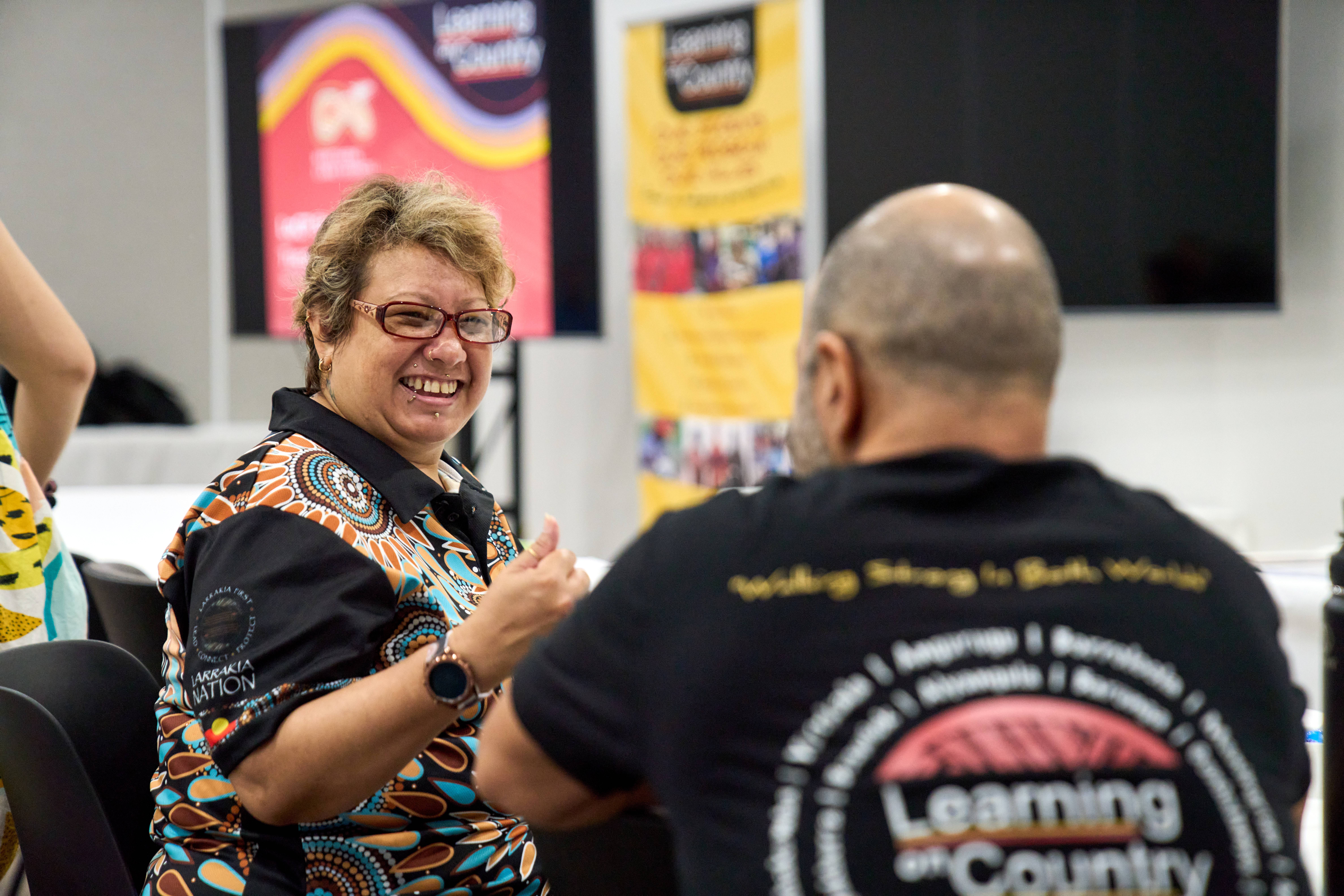
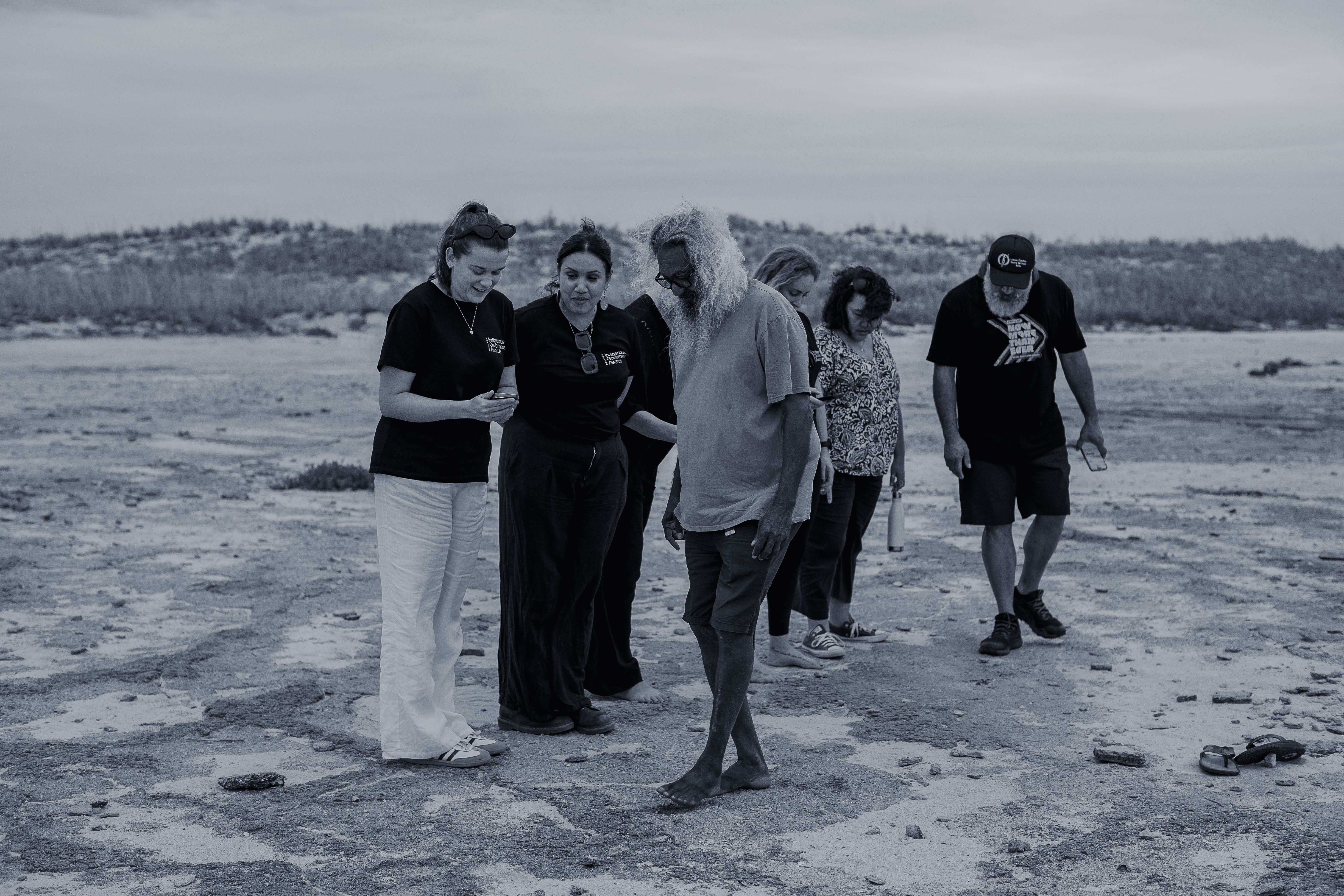
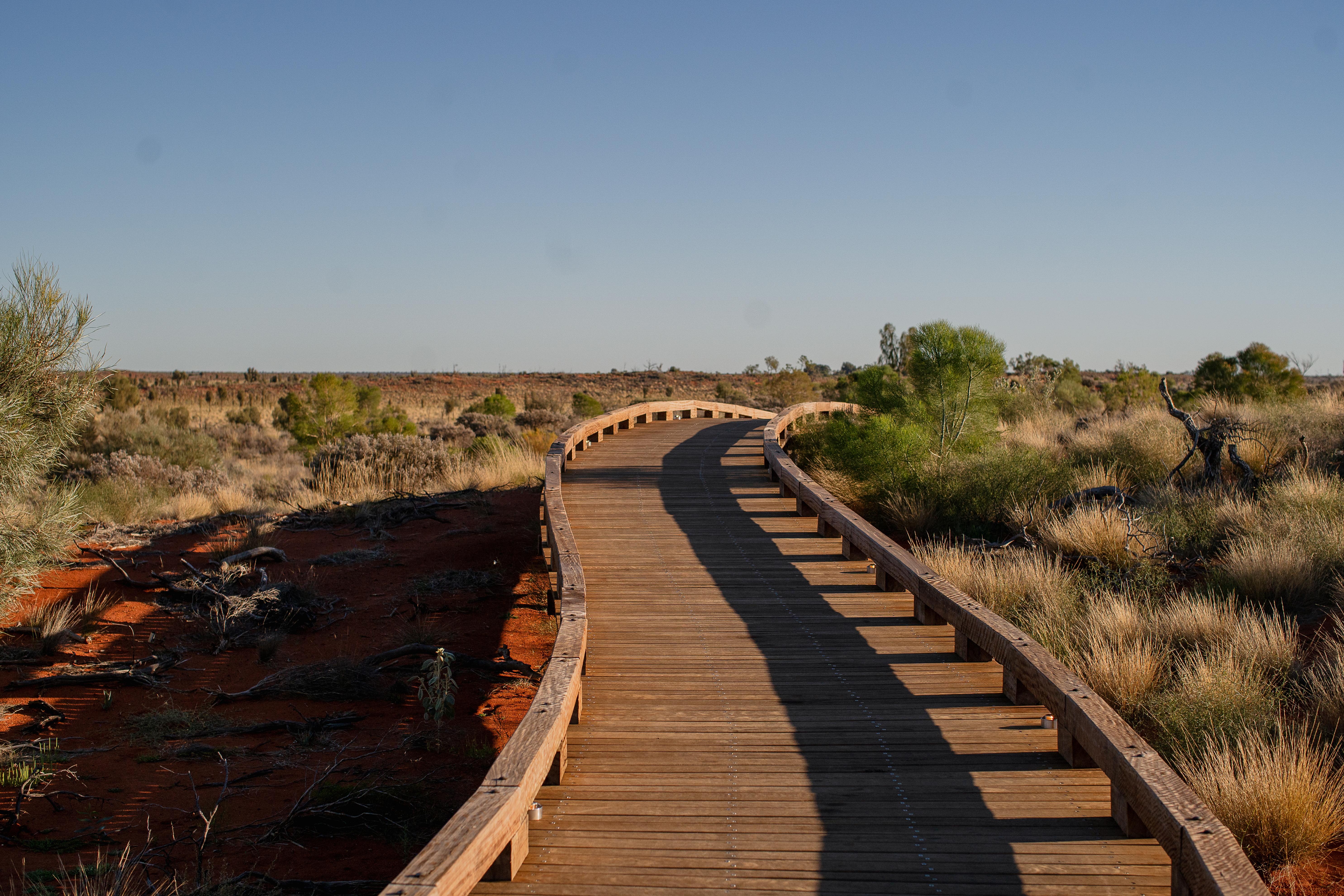
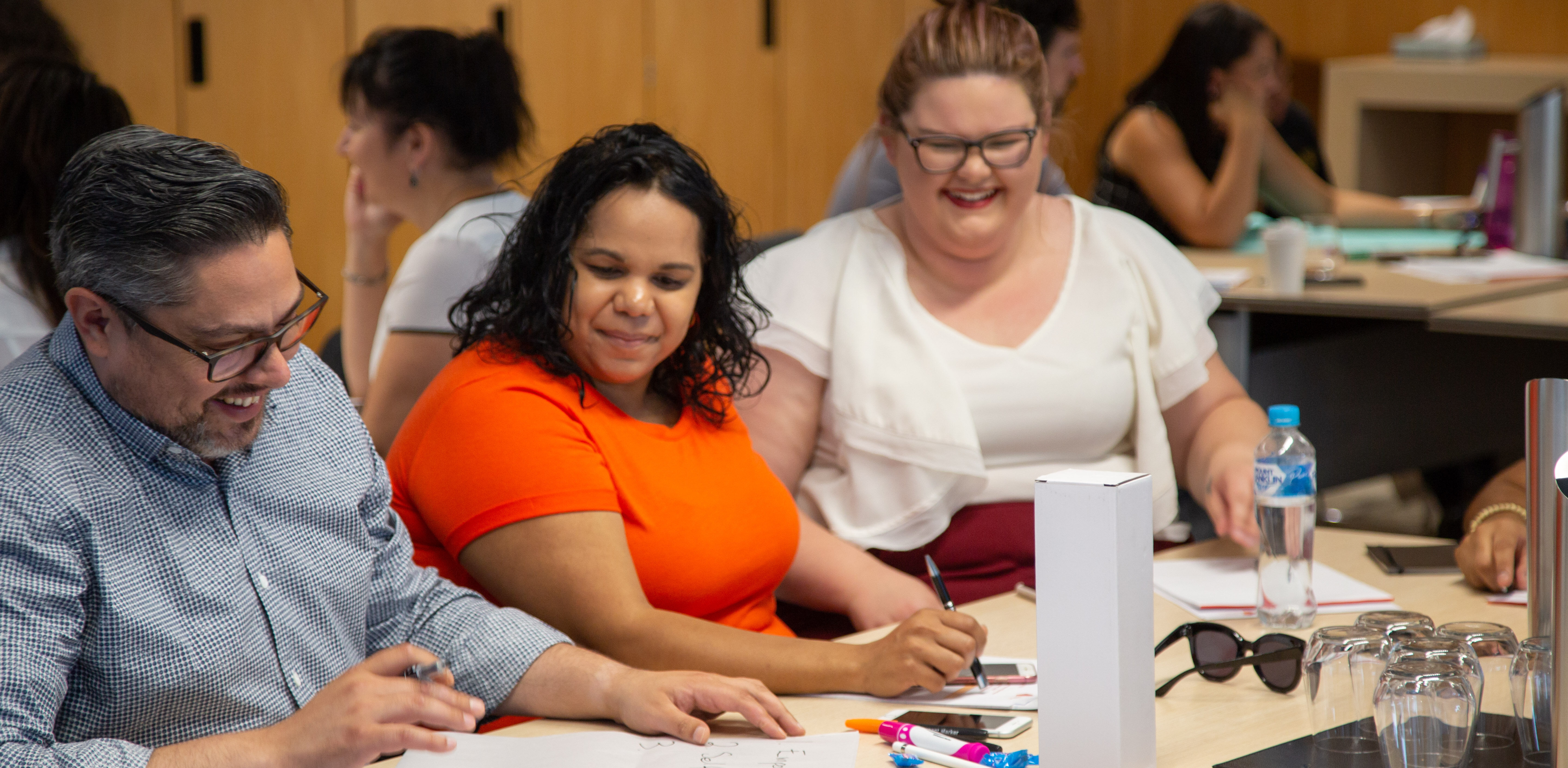
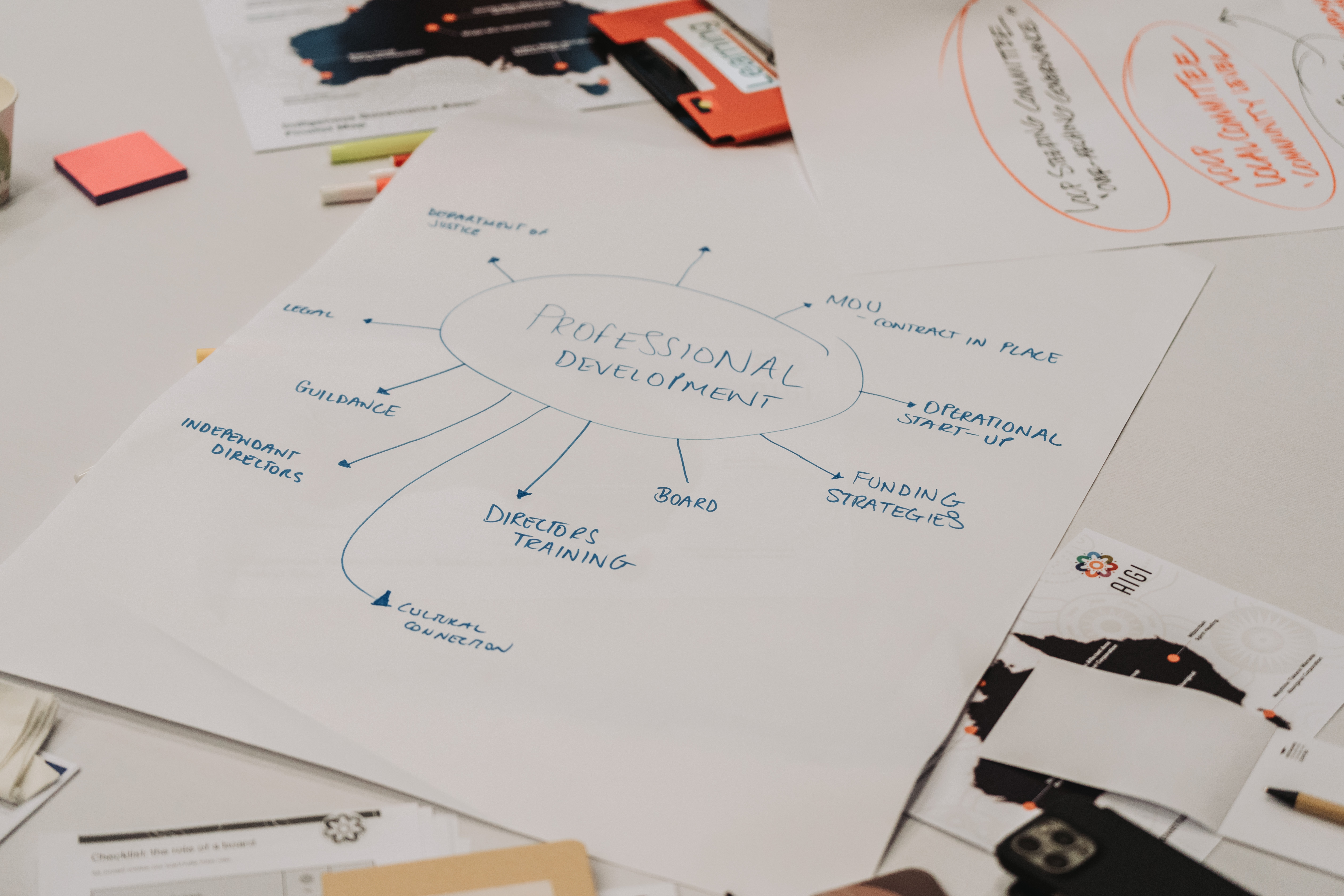
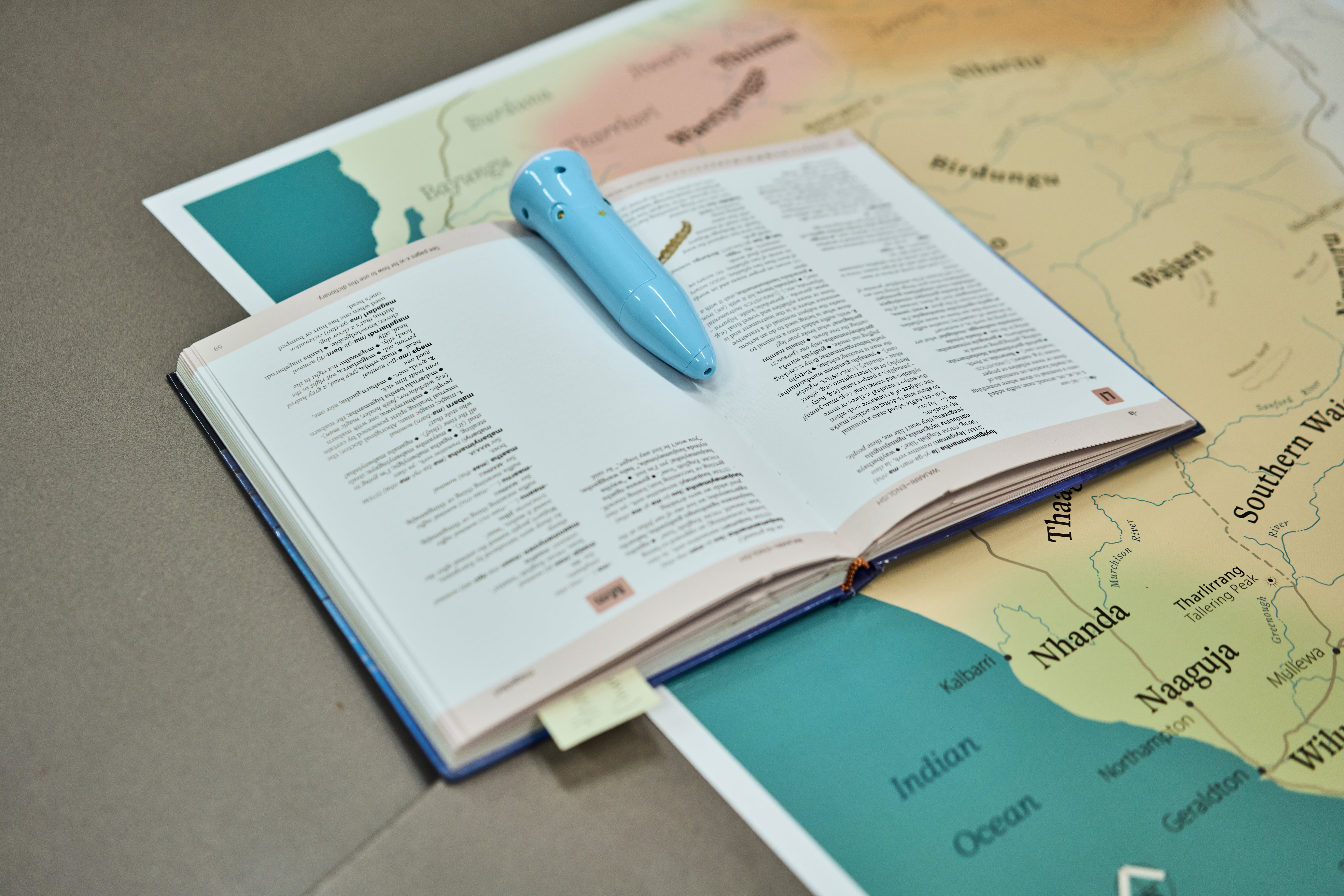

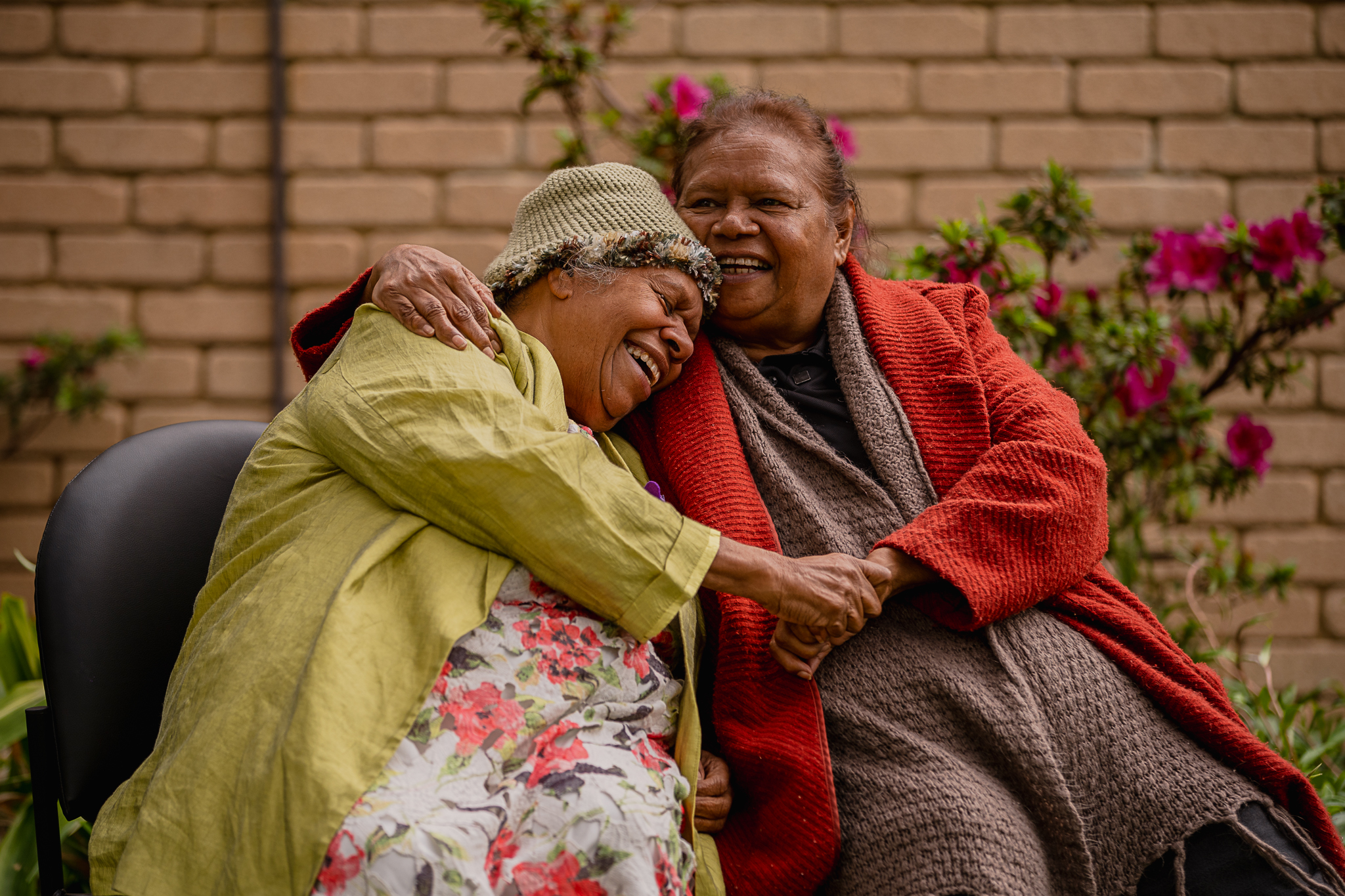



.png)




